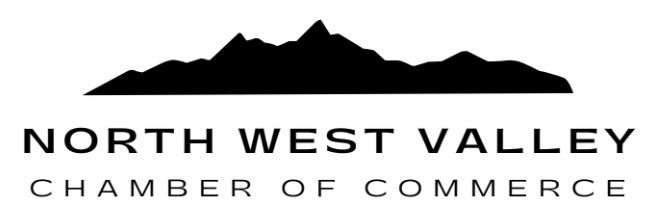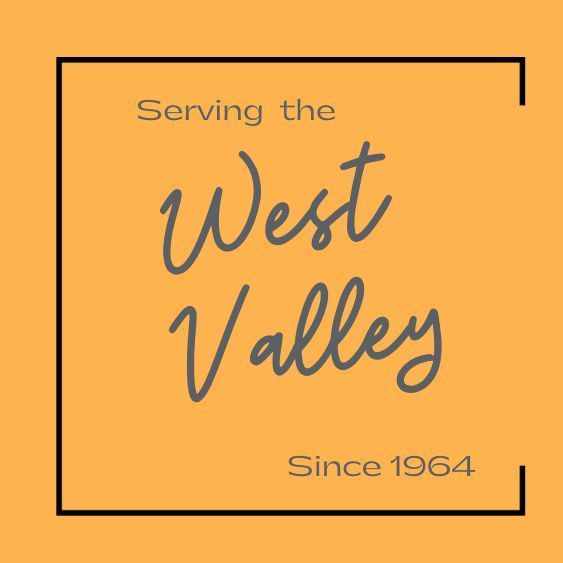CANDIDATE ENDORSEMENTS

We support candidates that reflect our Chamber’s fervently held belief that a viable, healthy community requires a healthy and vibrant business community.
The candidates we endorse understand the importance of advancing legislation, ordinances and policies, that encourages economic growth, job creation and a less intrusive government. We are focused on electing or re-electing pro-business candidates that promote policy that positively affects businesses and the economy.
A VIABLE, HEALTHY COMMUNITY REQUIRES A HEALTHY AND VIBRANT BUSINESS COMMUNITY
The Process of Holding Officials Accountable
The board of directors adopted a candidate endorsement policy because leadership matters in both the public sector and the private sector, and we need strong leadership. Secondly, we need to hold elected officials accountable based on their voting records.
Candidate Endorsement Process:
Endorsement Principles:
- We will make decisions based on Chamber legislative policy, Chamber endorsement criteria, and a candidate’s alignment with the Chamber, and our Legislative Policy.
- The Chamber is non-partisan and will support candidates whose viewpoints align with Chamber policies and objectives.
- Candidates who are ultimately endorsed must understand the concerns and interests of our Chamber and the business community.
- The Chamber will take steps necessary to hold our elected officials accountable for decisions they make or don’t make.
The Typical Process
- The Government Affairs Committee will recommend races that have significance for the Chamber.
- Pre-Screening – following the close of filing for an elected public office of a qualified candidate, the Government Affairs Council will evaluate candidates.
- The Government Affairs Committee may elect to send a questionnaire to all candidates. Candidates wishing to be endorsed by the Chamber must return the written questionnaire prior to being interviewed by the Government Affairs Council.
- The Government Affairs Council may also invite candidates to an interview panel.
- A copy of the Chambers Legislative agenda will be provided to all candidates interested in being considered for an endorsement by the Chamber.
Endorsements of Incumbents
The Chamber has an expedited process for endorsing incumbents based on their VOTE SCORE and LEADERSHIP SCORE
- VOTE SCORE: The Chamber has rated state senators and house members since 2019, based on the votes they have cast for, or against business priorities. Incumbents with a score rating of 90%+ may be considered for fast-tracking.
- LEADERSHIP SCORE: This score is based on the number of Chamber-endorsed bills/positions an elected official cosponsors and Chamber-opposed bills/positions the candidate declines to cosponsor.
Endorsements: Not All Chambers Are the Same
Not All Chambers Are The Same
Chambers of commerce started as associations of business owners who promoted and protected the interests of the business community. Starting in the 1950's many chambers morphed into civic/social organizations that also focused on parades, parties, and pageants. During the 1960's many chambers included networking events, also known as mixers (networking events with adult beverages). Beginning in the late 1990's many chambers began shifting back to their original purpose of representing the interests of the business community. Today chambers fall on a wide spectrum of businesses models, from those that are special event driven, to some of the most powerful business lobbying organizations in the country.
Why Don't More Chambers Endorse Candidates: Government Funding
According to surveys conducted by the US Chamber of Commerce, chambers are 400% less likely to make political endorsements or engage in public policy if they have government representatives on their governance boards, or have large contracts with local, county, state or federal governments.
Chris Herring, the Chamber's Government Relations Chair, for the Surprise Regional Chamber of Commerce stated, "this not surprising; it is hard to be a watchdog and hold elected officials accountable if your organization is highly dependent on government funding or have government representatives sitting on your board influencing your policies ." According to a WACE industry survey, there are six chambers in the Phoenix metro area that now endorse political candidates, stated Mr. Herring.
Duality of Interests on Governing Boards: Protecting Private Sector Interests
A chamber of commerce is an organization of businesses seeking to further their collective interests while advancing their community. Officers and directors of non-profit organizations have specific fiduciary duties to the organizations they serve on. With this duty comes a primary responsibility of loyalty and allegiance. Boards of directors must make great efforts avoid any real or perceived biased decision making when it comes to representing the interests of the business community. As a consequence, government representatives (elected officials and staff) may not serve in any official capacity as an officer, director, employee, or policy-making committee member of the Chamber. Nothing in our policy prohibits the Chamber from maintaining healthy dialogue with government representatives, especially when our goals and objectives align.

2019 Endorsed State Legislative Candidates
(Click candidates name for more info.)
State Senate:
State House of Representatives:
- Tim Dunn, District 13
- Joanne Osborne, District 13
- Kevin Payne, District 21
- Frank Carroll, District 22
- Ben Toma, District 22

Chambers and Political Engagement
Chambers of commerce in the US operate almost exclusively as non-profit entities known as 501(c)(6) corporations. Unlike charities, these 501(c)(6) non-profits have the authority under state and federal tax rules to represent their members in public policy debates. They may lobby and take positions on actual or proposed legislation, subject to local, state and federal laws.

Your voice is essential to protecting our free enterprise system! As a business advocate we need you to emphasize our core principles of the free enterprise, and remind elected officials that removing obstacles to job creation and economic growth is paramount.
One of the most valuable, and often overlooked functions of a chamber is being an advocate for the business community.
The Chamber works to represent the collective voice of the business community. Whether it's setting legislative goals, working with our lobbyist, sending out Action Alerts or keeping voters informed through our forums, the goal is ensuring an environment where business can prosper.One of the most valuable, and often overlooked functions of a chamber is being an advocate for the business community.



